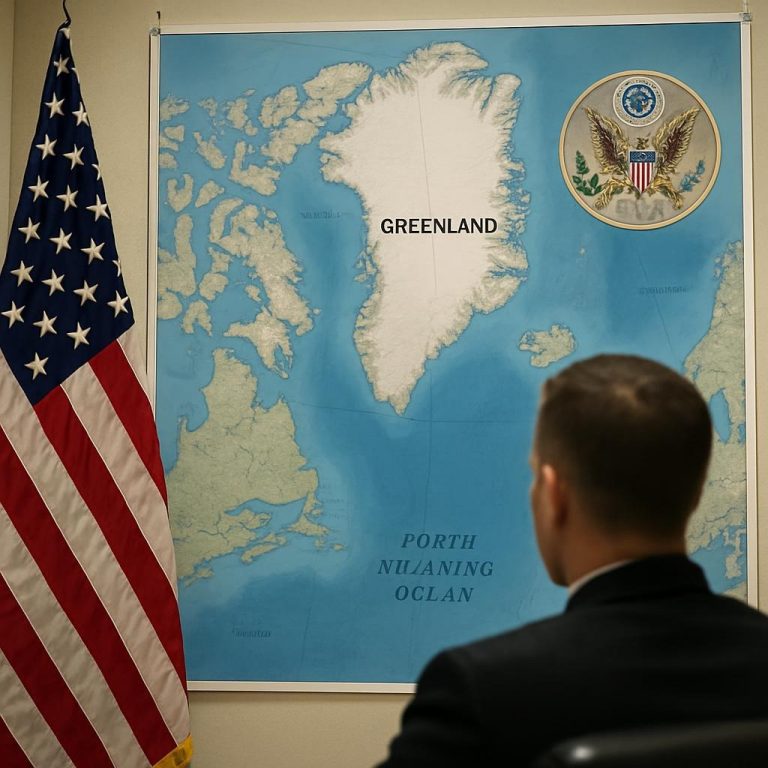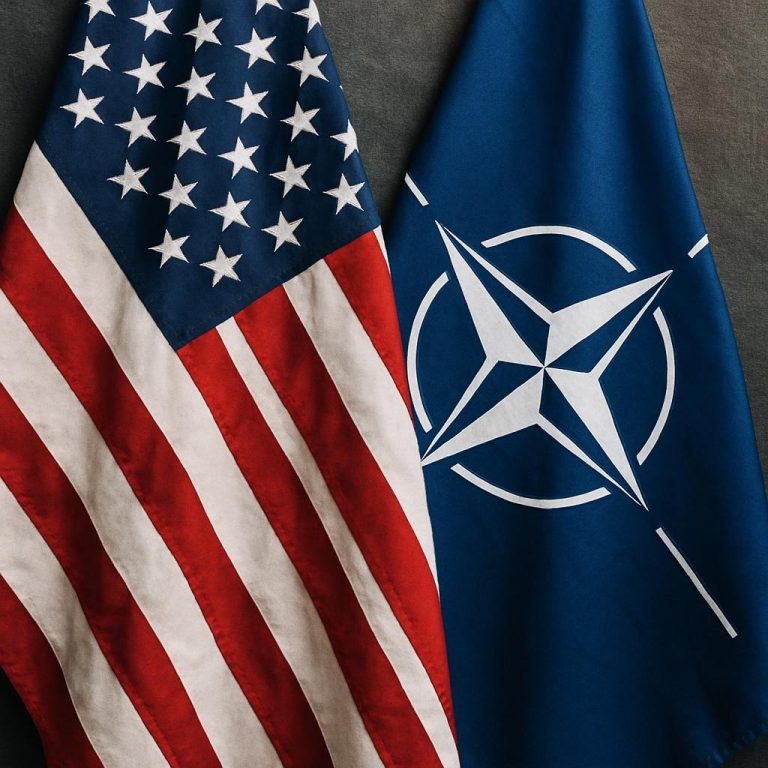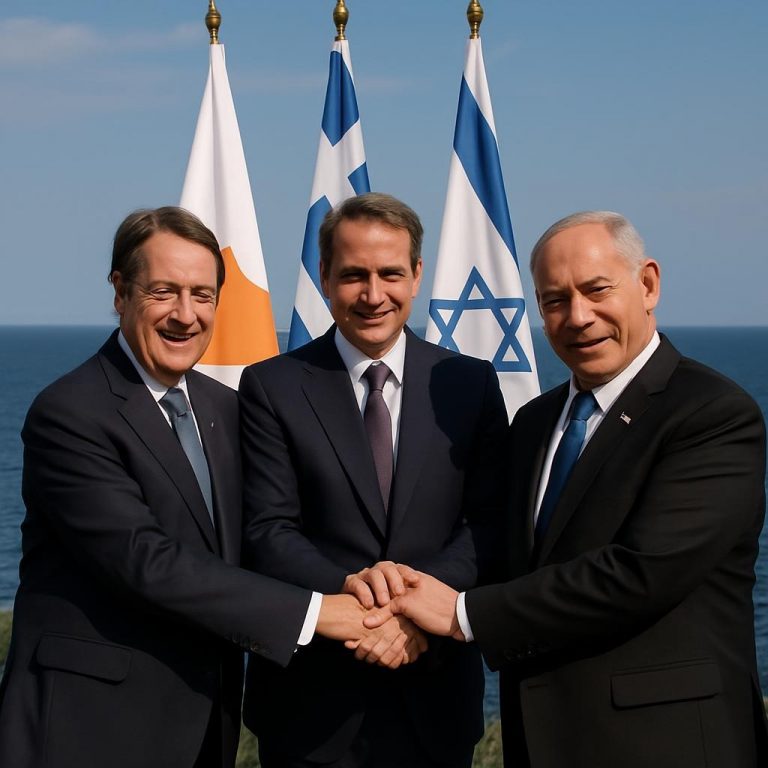
The Kuril Islands dispute between Japan and Russia stems from post-WWII territorial shifts and remains unresolved due to conflicting legal interpretations, strategic interests, and nationalist pressures. Despite militarization and geopolitical tensions, diplomatic solutions—such as joint economic development and territorial compromise—remain more probable than outright conflict.
🗾 Geopolitical Context
- Historical roots: The dispute dates back to WWII, when the Soviet Union seized the Southern Kurils in 1945. Japan claims the islands were never part of the Kuril chain it renounced Wikipedia.
- Legal frameworks: The San Francisco Peace Treaty (1951) saw Japan renounce the Kurils but didn’t specify cession to Russia, while the Yalta Agreement (1945) promised the islands to the USSR, creating legal ambiguity THE SASAKAWA PEACE FOUNDATION.
- Strategic value: The islands guard Russia’s Pacific Fleet and provide access to the Sea of Okhotsk, making them vital for defense and naval operations SpecialEurasia.
- Japan’s legal claim: Japan argues the disputed islands were not part of the Kurils it renounced and cites historical treaties like Shimoda (1855) to support its claim Oxford Public International Law.
- Peace treaty obstacle: The territorial dispute has blocked a formal peace treaty between Japan and Russia since WWII Malaysia Sun.
🛡️ Military and Strategic Implications
- Russian presence: Russia has deployed missile systems, surveillance bases, and conducted military drills on the islands CSIS.
- Japan’s response: Japan has protested diplomatically and reaffirmed its territorial claims, while boosting regional defense coordination CSIS.
- U.S.-Japan treaty: While the treaty covers Japanese territory, ambiguity over sovereignty means activation would depend on political interpretation Harvard International Review.
- Escalation risks: Maritime or airspace violations could trigger military posturing or diplomatic protests, raising regional tensions Harvard International Review.
- Asia-Pacific impact: A conflict could destabilize the region, affecting U.S.-China-Russia dynamics and maritime security icwa.in.
🌐 Diplomatic and International Reactions
- Global responses: The U.S. supports Japan’s claim, while China has shifted to backing Russia, complicating trilateral dynamics Worldcrunch EurAsian Times.
- UN/ICJ role: The ICJ could mediate if both parties consent, but Russia has shown reluctance to international arbitration Number Analytics.
- Sanctions potential: Economic pressure is possible but unlikely to resolve the dispute alone; it may deepen hostilities cescube.com.
- ASEAN/EU stance: Both blocs advocate regional stability and multilateralism but avoid direct involvement culturalrelations.ifa.de EEAS Website.
- G7 relations: A conflict could strain Japan’s ties with G7 nations, especially if it escalates into broader sanctions or military engagement Vivekananda International Foundation.
💰 Economic and Resource Considerations
- Natural resources: The waters are rich in fish, rare earth metals, and hydrocarbon reserves StudyCountry.com.
- Fishing and EEZs: A conflict would disrupt fishing rights and economic zones, affecting livelihoods and trade Harvard International Review.
- Joint development: Shared economic activity has been proposed as a peace strategy, though sovereignty issues remain a barrier journals.bilpubgroup.com.
- Economic costs: Escalation would hurt trade, investment, and regional development for both nations Investment Monitor.
- Energy routes: Disruption in the Sea of Okhotsk and Pacific could affect Russian exports and Japanese energy imports icwa.in.
🧭 Future Scenarios and Conflict Prevention
- Diplomatic strategies: Confidence-building measures, joint resource management, and phased negotiations are key options munob.ro.
- Territorial compromise: Shared sovereignty or phased return of islands has been discussed but faces domestic opposition Harvard International Review.
- Domestic politics: National pride and political narratives in both countries harden positions and limit flexibility Harvard International Review.
- Nationalist sentiment: Public opinion in Japan and Russia strongly favors territorial integrity, complicating compromise Taylor & Francis eBooks, Reference Works and Collections.
- Conflict likelihood: Despite tensions, diplomatic resolution remains more probable than military conflict Harvard International Review gssr.georgetown.edu.
🎥 Documentary Recommendations
| Title | Focus | Link |
|---|---|---|
| Northern Territories: Japan’s Forgotten Islands | Historical and legal claims | NHK World |
| The Fog of Kurils | Strategic and military tensions | YouTube |
| Diplomacy in the Pacific | Peace negotiations and regional dynamics | PBS |
| Russia’s Pacific Frontier | Russian military and geopolitical strategy | RT Documentary |
| The Island Dispute | Public opinion and nationalist narratives | Al Jazeera |
Keywords: Kuril Islands, Northern Territories, Japan-Russia dispute, San Francisco Treaty, Yalta Agreement, military presence, strategic value, ICJ, UN, joint development, fishing rights, energy routes, Asia-Pacific security, nationalist sentiment, territorial compromise, peace treaty, G7, ASEAN, EU.





